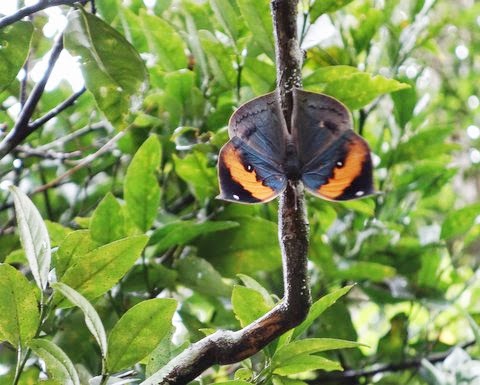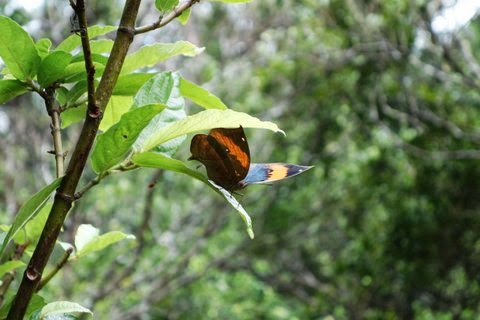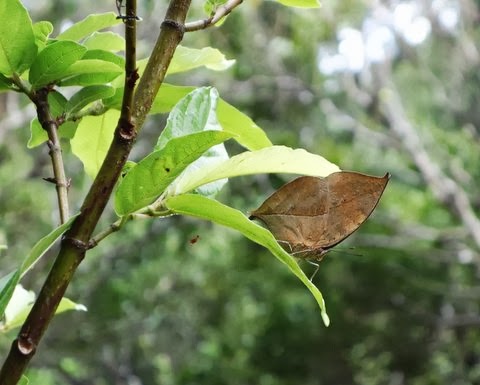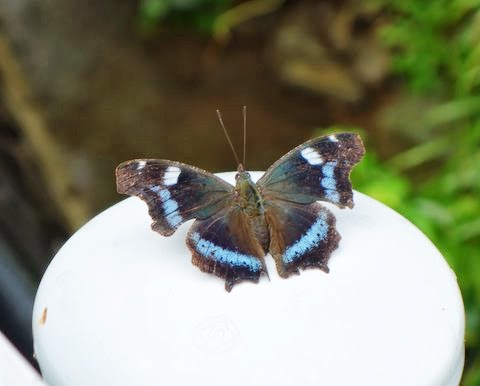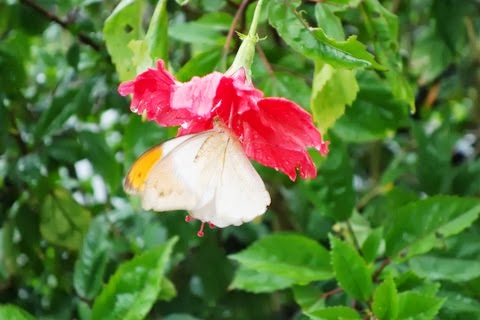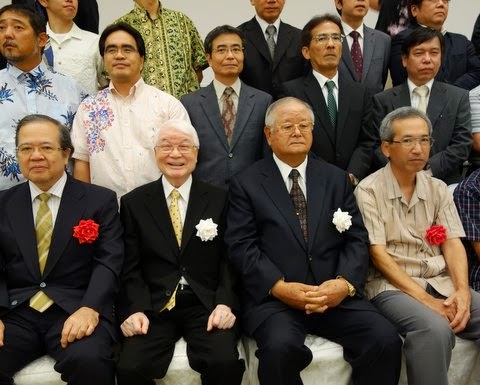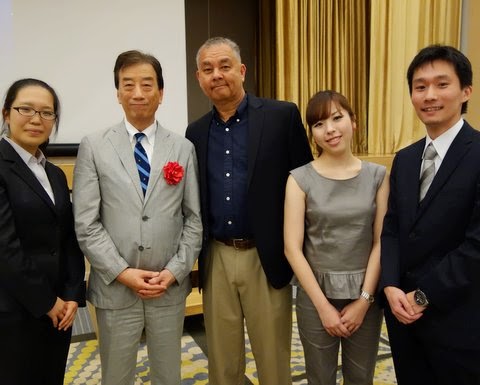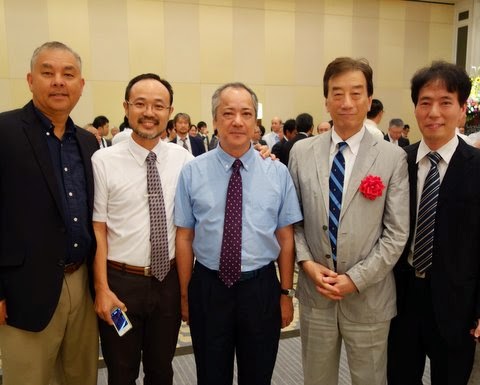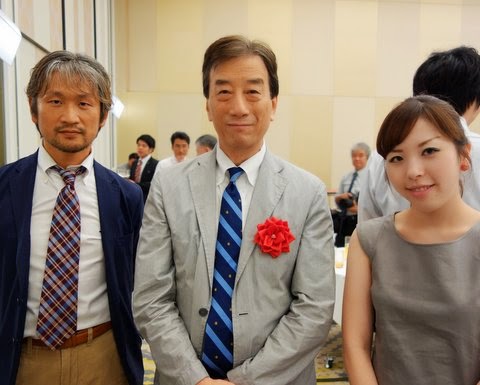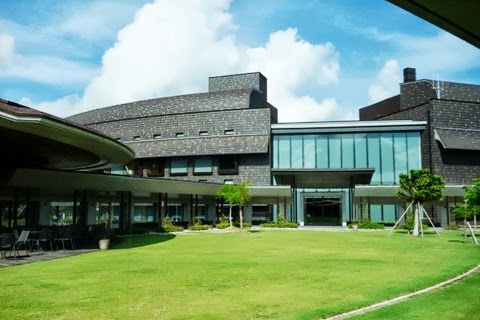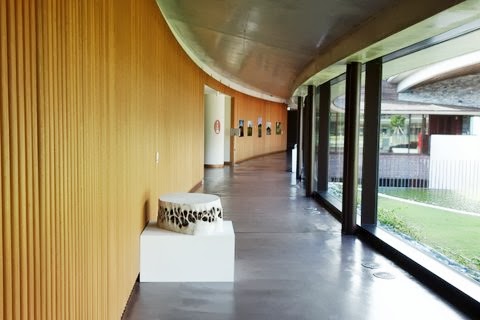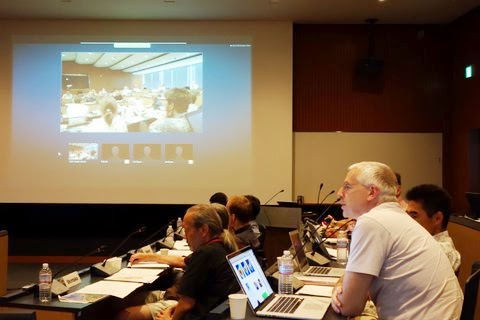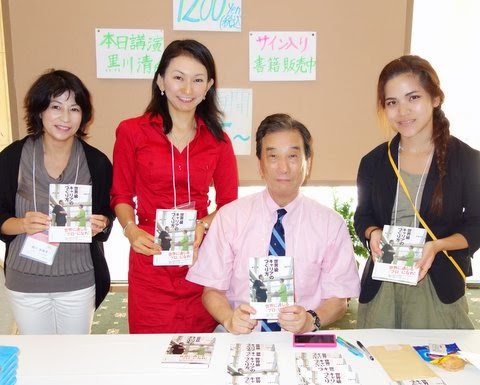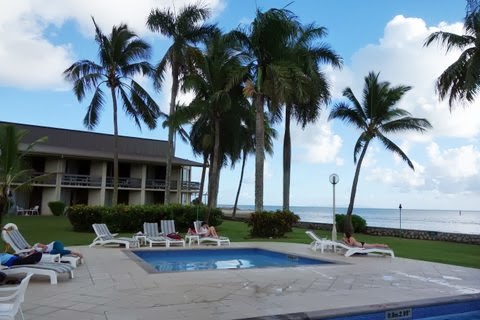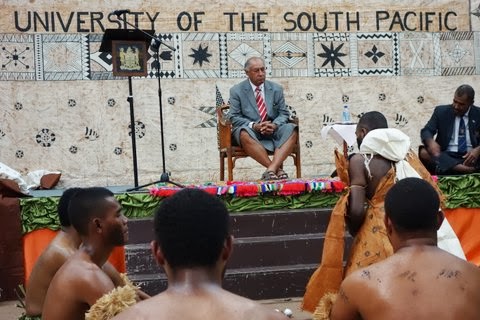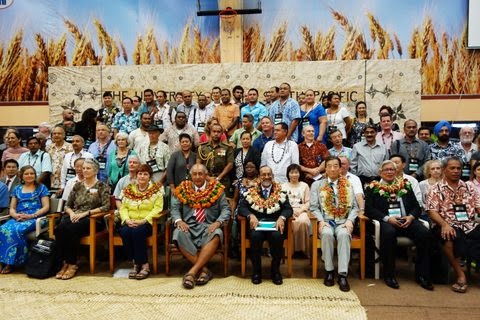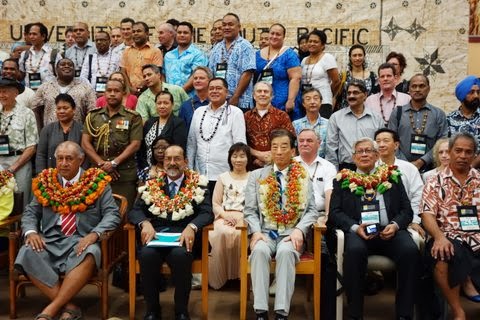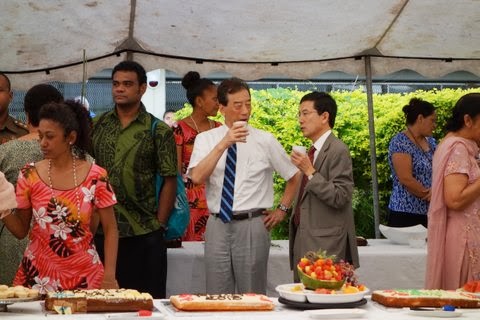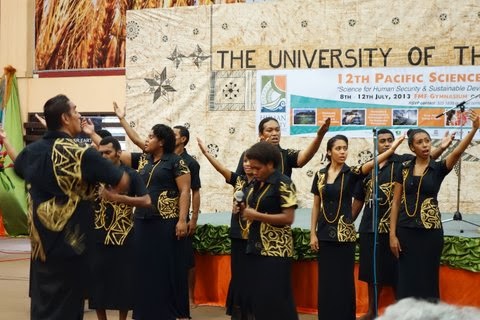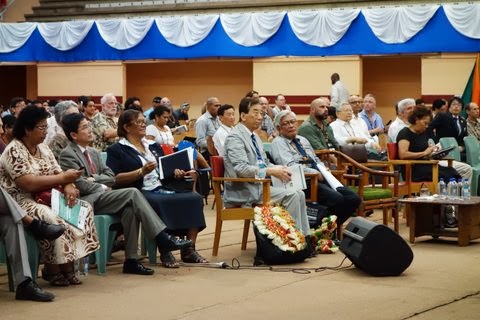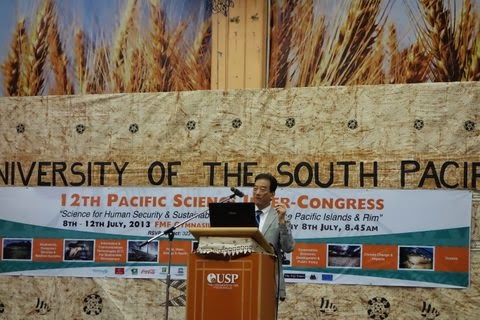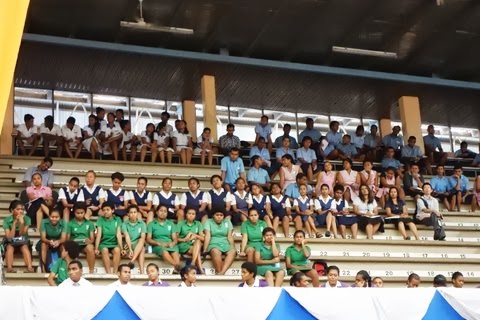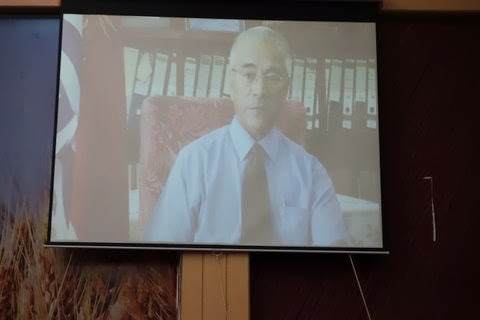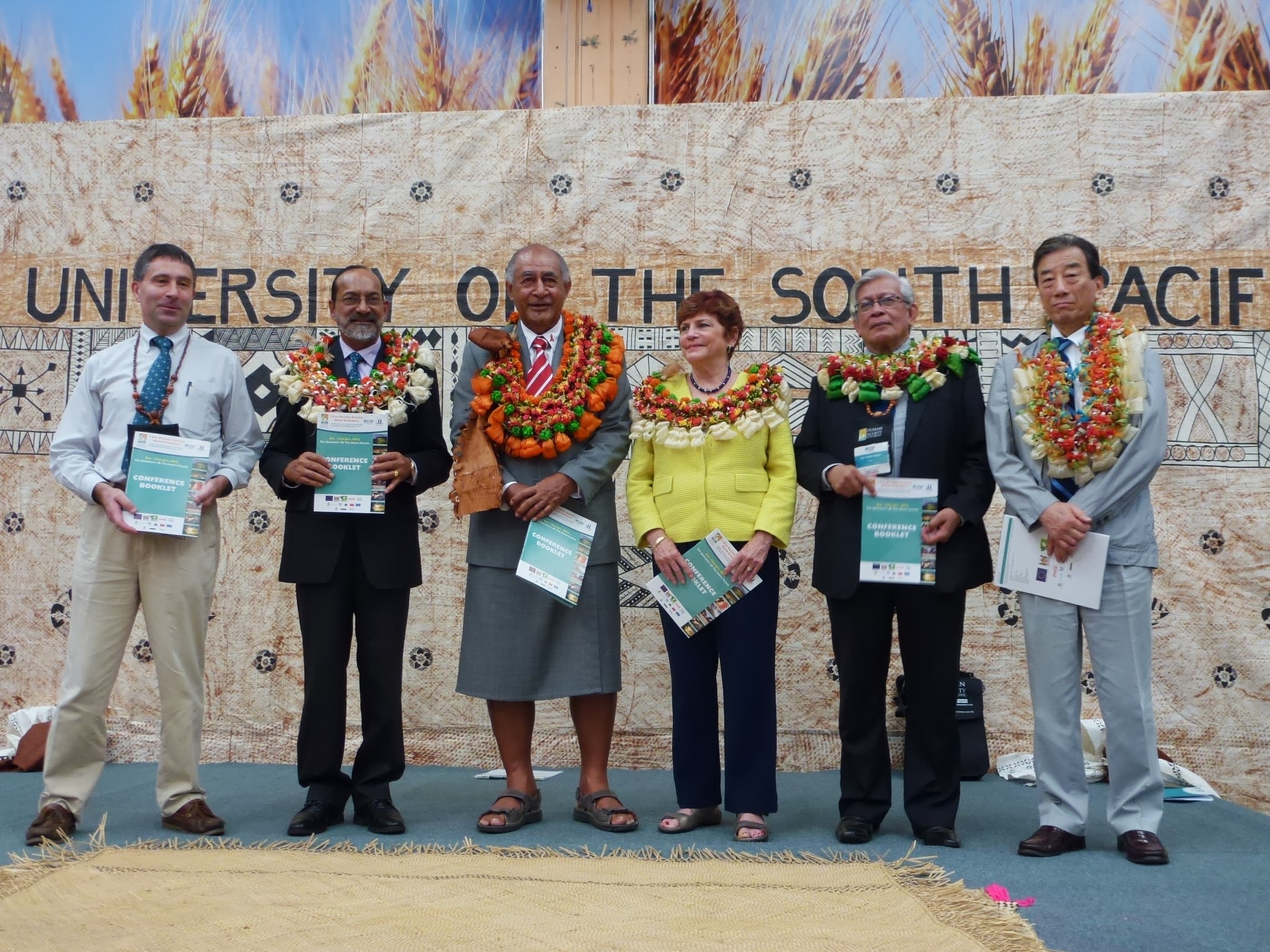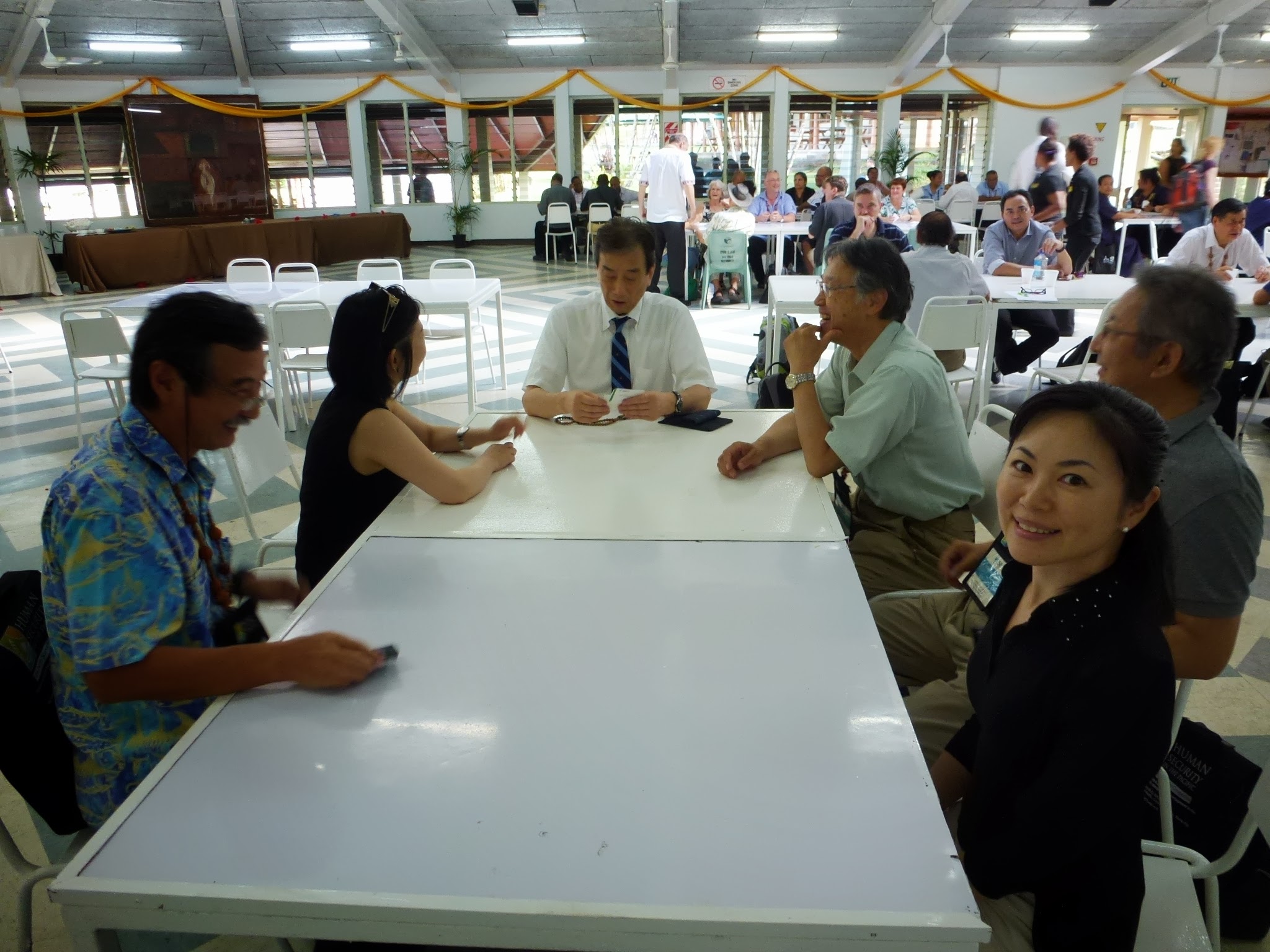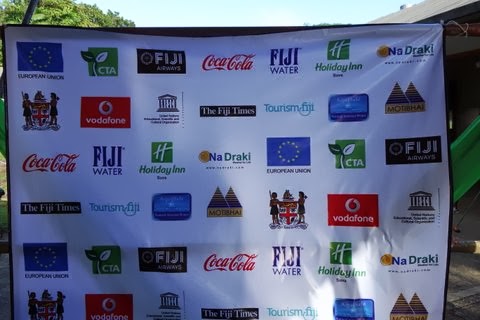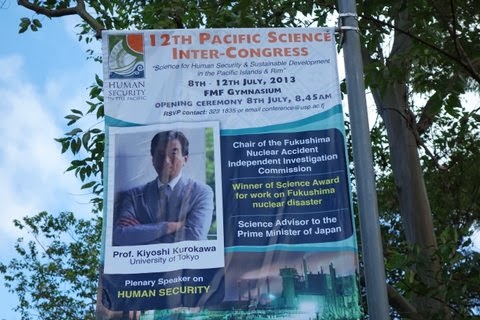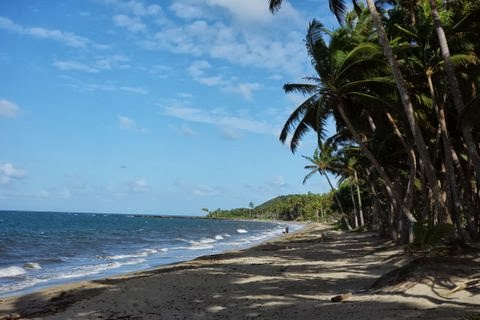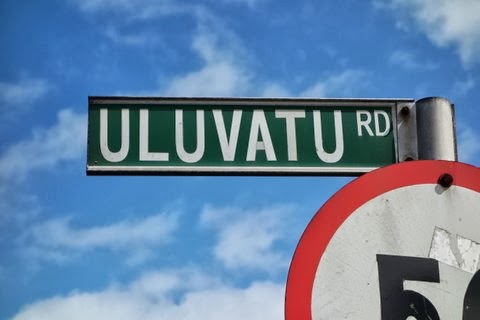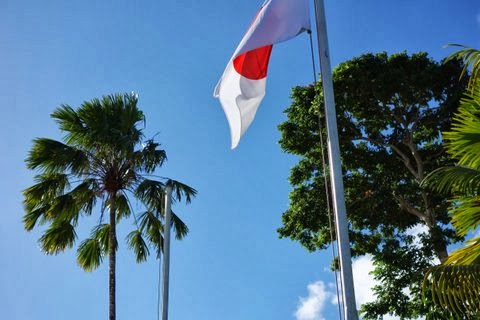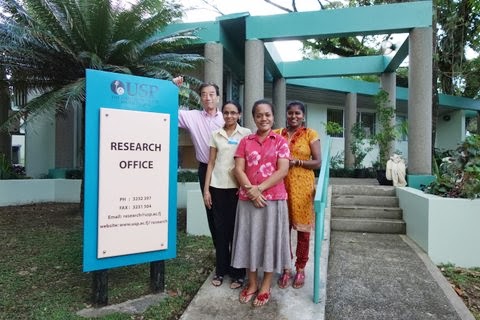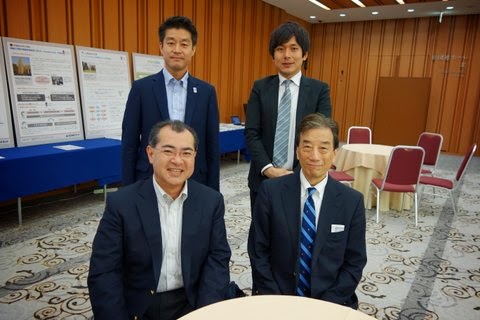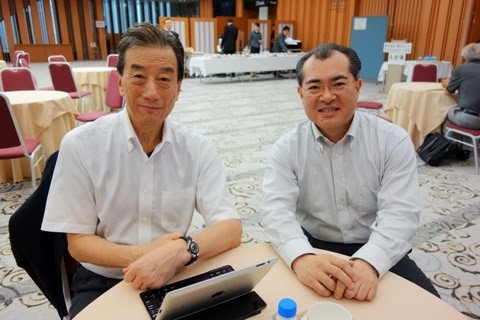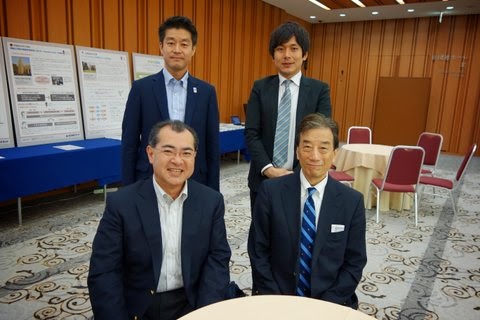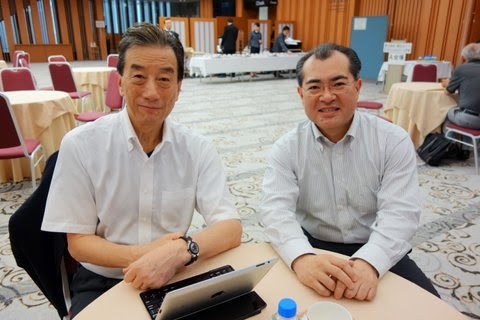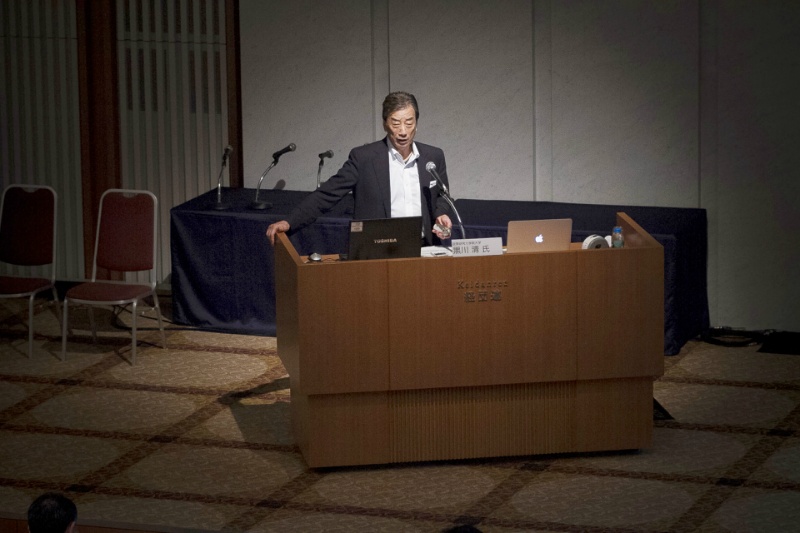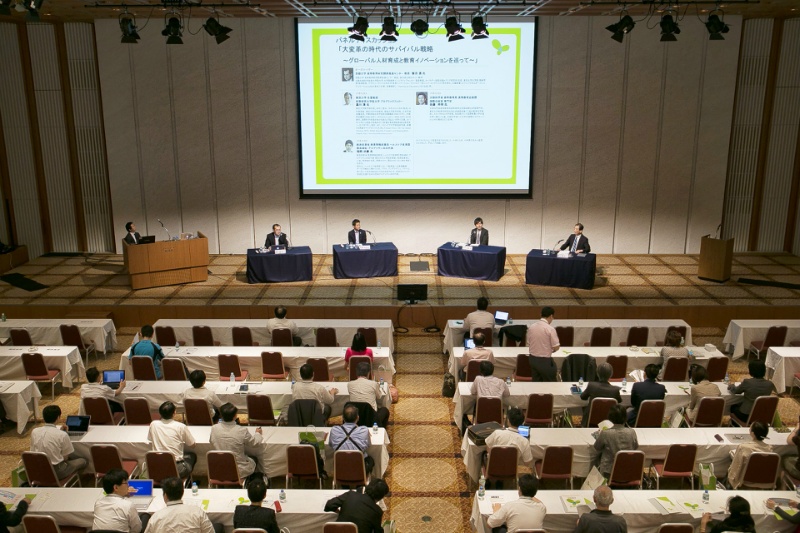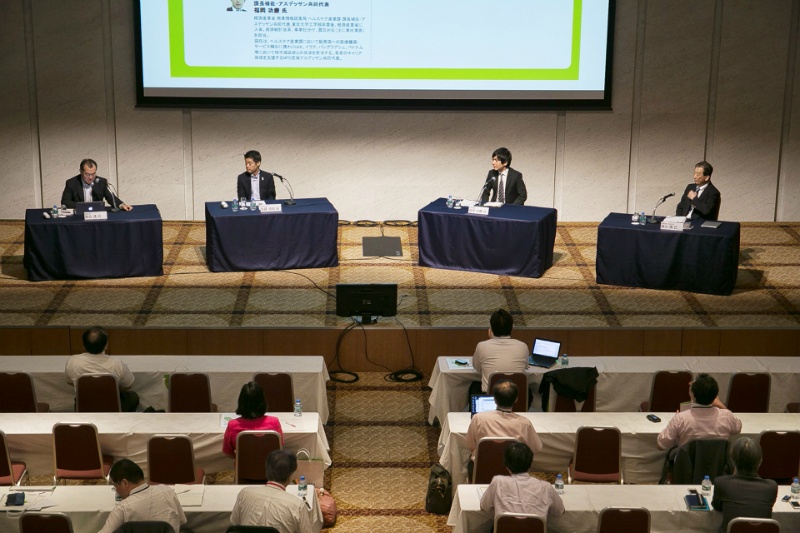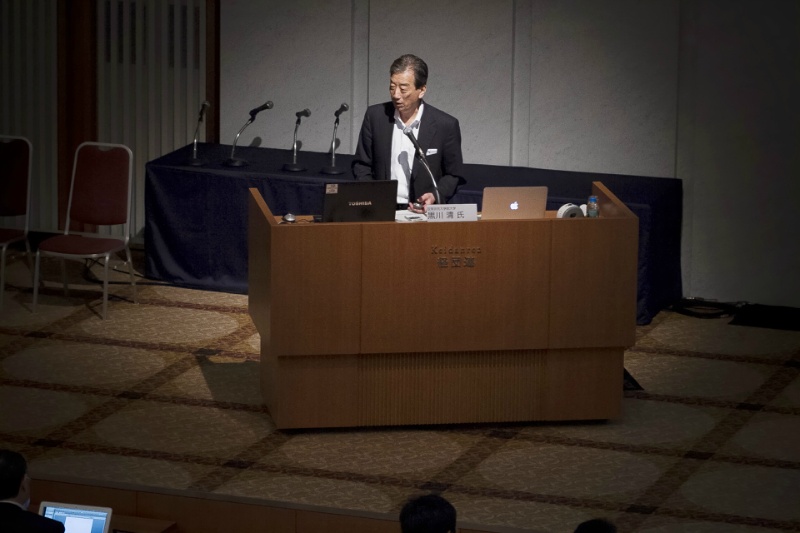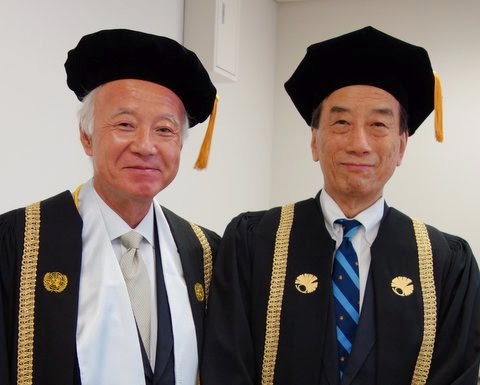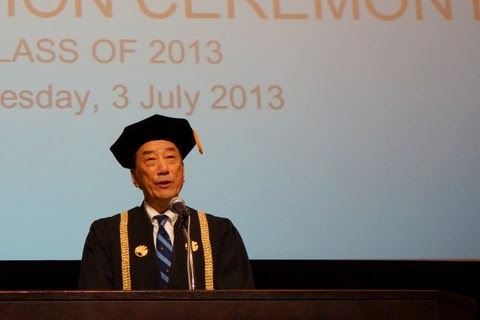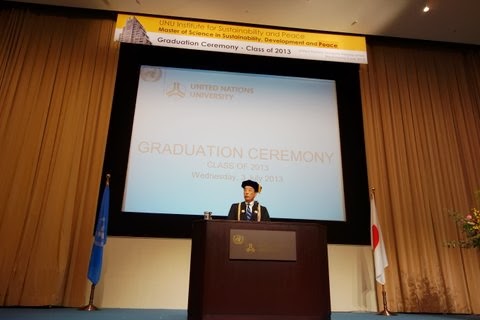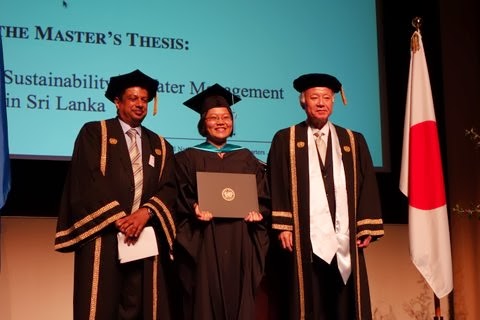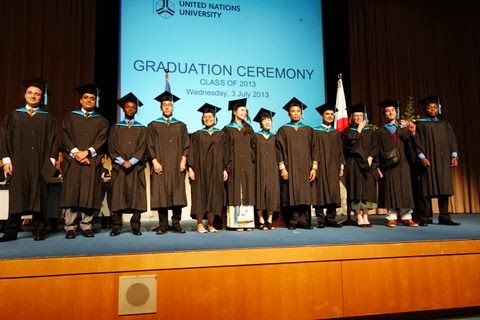The other day, I wrote about H-LAB, which has been producing remarkable results.
This program only started in 2011 but it is impressive that already forty percent of high school students who enrolled have chosen to study at a university abroad.
HLAB has come again this summer and I took part once more. After two days of rest in Tateshina, I returned to Tokyo and spoke for half an hour.
It makes me very happy that there is a student from Harvard who has participated for three years in a row, from 2011. She spoke in Latin this year at the graduation ceremony at Harvard. There is a male student who moved to San Diego from an impoverished village in Mexico with his mother and wants to contribute to the education system in his homeland. They are all remarkable.
Afterwards, we all went to the reception. Mr. Makihara of Mitsubishi Shoji who is a Harvard Alumni came to the reception. We are very grateful for his support for the program.
A few days later, I attended a session at GRIPS. The “Wise Leader” session was led by Mr. Hirotaka Takeuchi who established the Business School at Hitotsubashi University and is now a professor at Harvard Business School. It goes without saying but the world’s leading professors are incredible. The content of the course was pure, first-class entertainment. Professor Takeuchi has introduced many cases of Japanese companies at Harvard.
The next evening, I attended the reflection session held at the old inn in Hongo where the students were staying. Many people participated in the program and were able to meet and they all seemed very happy, as was I.
Watching the youth, I felt that Japan still has a bright future ahead.
I would like to send a heartfelt thank you to the people who organized the program.





